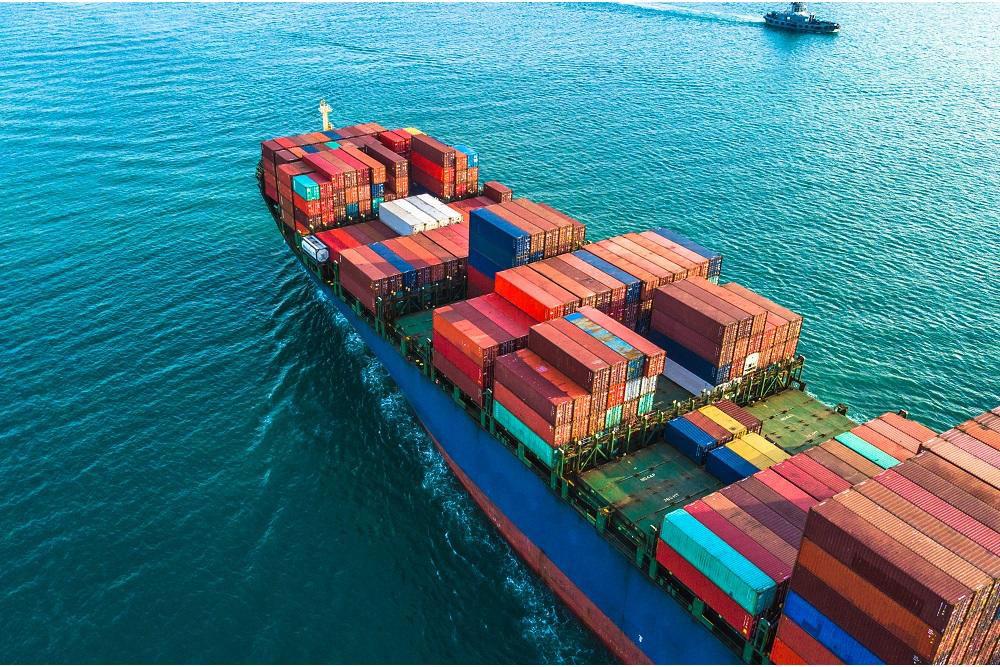Kuwait has extended the shelf-life limit of chilled vacuum-packed beef from 90 days to 120 days.
The extension was applied on 10 November 2022.
This comes after shelf-life extensions by other countries in the region, including Saudi Arabia (Table 1). Other Gulf States are also considering extending the shelf-life of chilled vacuum-packed meat.
Implications for Australian agricultural exporters
Extended shelf-life for vacuum-packed meat reduces freight costs by enabling Australian chilled meat to be shipped via sea rather than air freight. Depending on the destination and consignment weight, air freight can be 5-10 times more expensive than sea freight.
Longer shelf life also allows products to remain on sale for longer. This leads to reduced wastage and higher returns for retailers.
Producers and exporters should contact their Middle Eastern importers or Austrade to explore potential opportunities for meat exports to Kuwait and the broader region.
They should continue to monitor the Department of Agriculture, Fisheries and Forestry’s Market Access Advice notices (log-in required) for further updates to shelf-life regulations.
Table 1: Selected Middle Eastern country imports of beef and sheepmeat and current shelf-life for imported chilled vacuum-packed meat
| Country | Total chilled beef and sheepmeat imports 2021 (US$ million)1 | Maximum shelf-life for chilled vacuum-packed beef (days) | Maximum shelf-life for chilled vacuum-packed sheepmeat (days) |
|---|---|---|---|
| United Arab Emirates | 421 | 120 | 90 |
| Saudi Arabia | 261 | 120 | 90 |
| Jordan | 119 | 120² | 120 |
| Lebanon | 46 | 84 (trial)³ | 84 (trial)³ |
| Qatar | 62 | 90 | 90 |
| Kuwait | 53 | 120 | 90 |
| Oman | 22 | 120 | 120 |
| Bahrain | 23 | 120 | 90 |
¹ Harmonized system codes: 0201.20, 0201.30, 0204.22 and 0204.23
² Temporarily extended for the duration of the COVID-19 pandemic. Exporters are encouraged to work with their importers to ensure product eligibility in relation to this temporary extension.
³ Temporary extension ended on 14 April 2021, permanent extension under negotiation.
Source: UNComtrade 2023
Australian agricultural, fisheries and forestry exports to Kuwait
Australia exported a record $626 million in agriculture, fisheries and forestry products to Kuwait in 2022 (Figure 1).
Exports to Kuwait have increased by 66% since 2020. This has been primarily due to increased barley exports. Increased barley exports reflect high barley production in Australia and the diversion of barley exports away from China. Dairy exports, predominantly skim milk, have also shown strong growth.
Chilled meat exports (excluding carcasses) accounted for 2–4% of Australian agricultural exports to Kuwait over the last 5 years (ABS 2023). Extended shelf-life for vacuum-packed beef will improve the competitiveness of Australia’s chilled meat exports to Kuwait.
Figure 1: Australian agricultural, fisheries and forestry exports to Kuwait 2018 to 2022
Resources
The Manual of Importing Country Requirements has information about Kuwait’s import conditions.
Austrade has more information about market opportunities in Kuwait.
The Australian Government’s network of Agriculture Counsellors provided information for this article. More information about the Agriculture Counsellor network, including contact details, is available on the Department of Agriculture, Fisheries and Forestry website.
This article was also published as an Austrade Insight.
Connect with us
Follow our @AusAgTrade Twitter account for all your #TradeTips and Market Intel.
Subscribe to our monthly Agriculture Market Intelligence Insights newsletter




